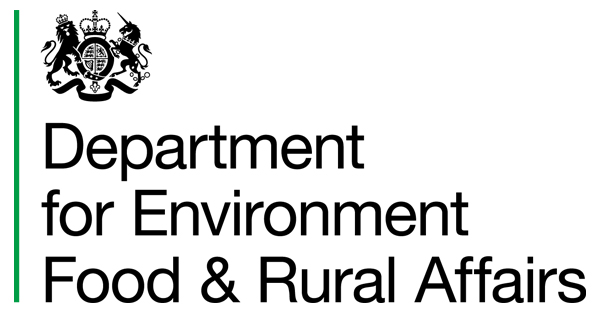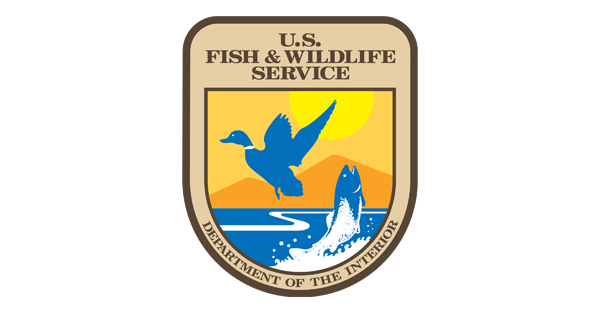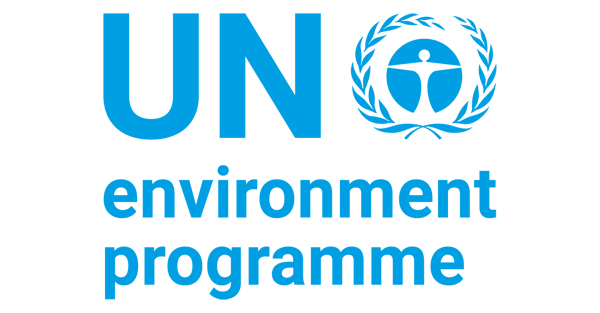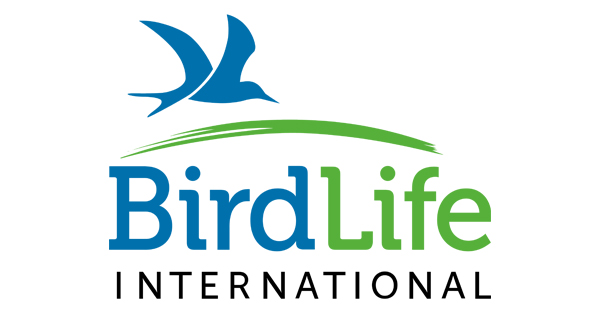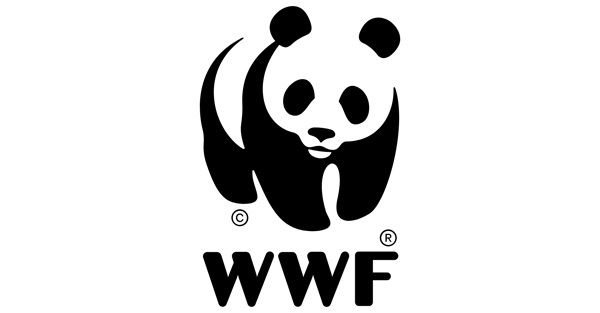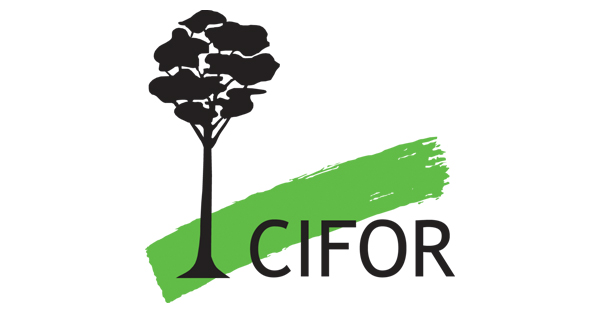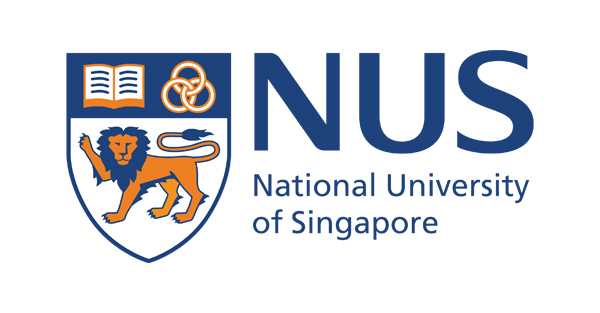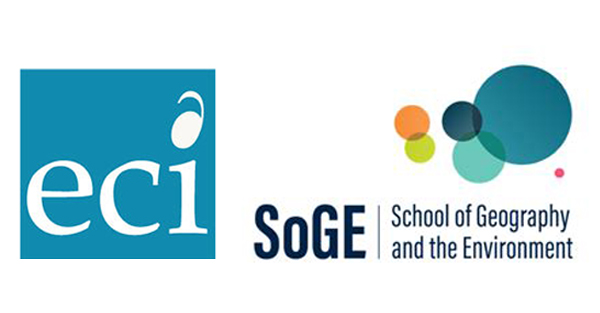The Biodiversity and Behavioural Science project fuses cutting-edge behavioural science with conservation expertise to influence human behaviours negatively impacting biodiversity. Working globally in partnership with leading practitioners, we use applied research tools to understand human behaviour, design and evaluate behavioural interventions, promoting lasting, evidence-based change for a sustainable future.
CONSERVATION CONTEXT
Biodiversity conservation is, above all, an exercise in human persuasion. Of the more than 40,000 species currently listed as globally threatened, 98% are at risk solely due to human-driven processes. This figure rises to 99% when considering species that have gone extinct since 1500. Understanding and influencing human behaviour is therefore a key priority for biodiversity conservation.
The Biodiversity and Behavioural Science project works across three key areas – namely evaluating impact, audience research and measuring societal perceptions of biodiversity. We adopt an interdisciplinary approach, using concepts from social marketing, psychology and environmental economics to understand and influence human behaviour to move societies towards a more sustainable future.
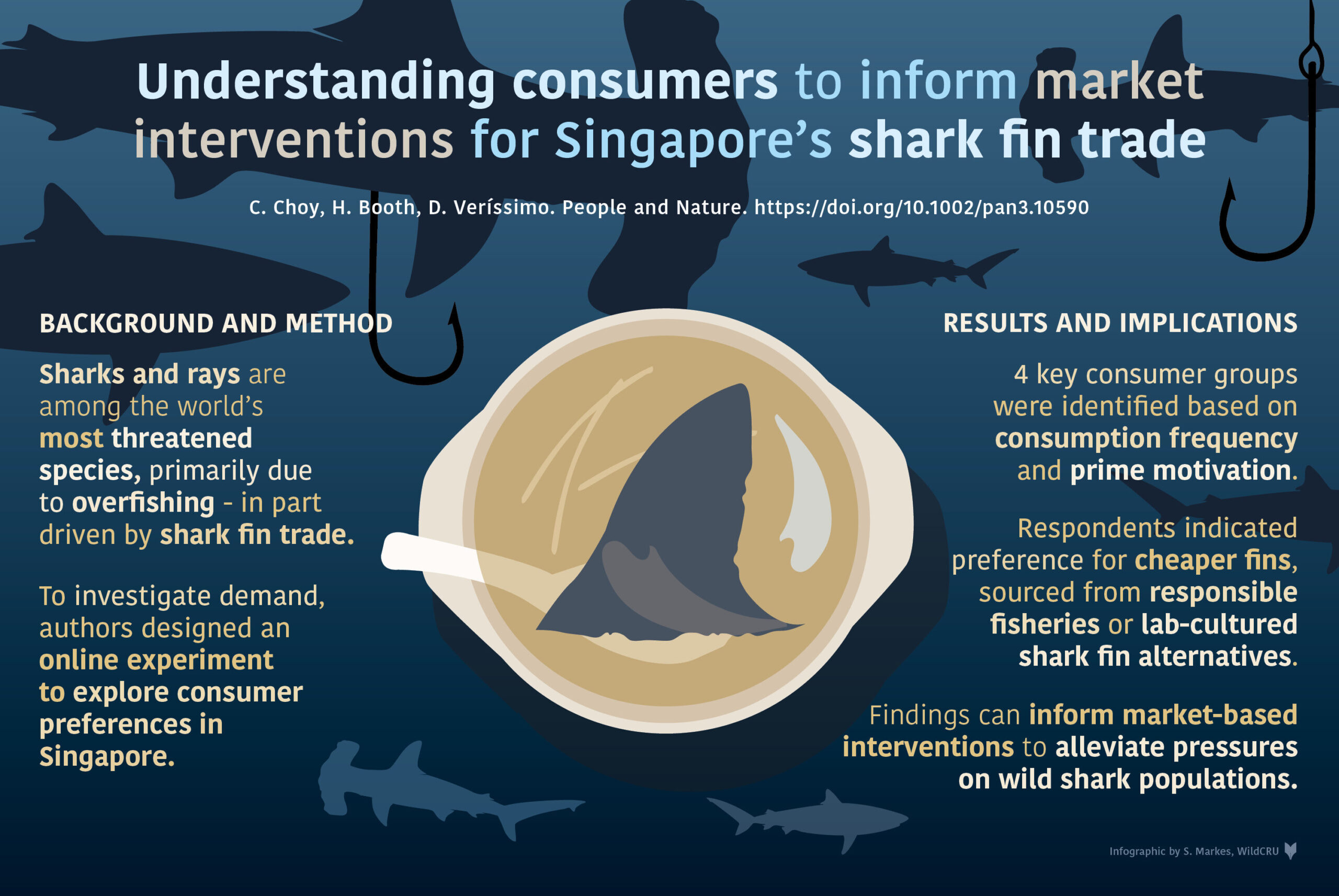
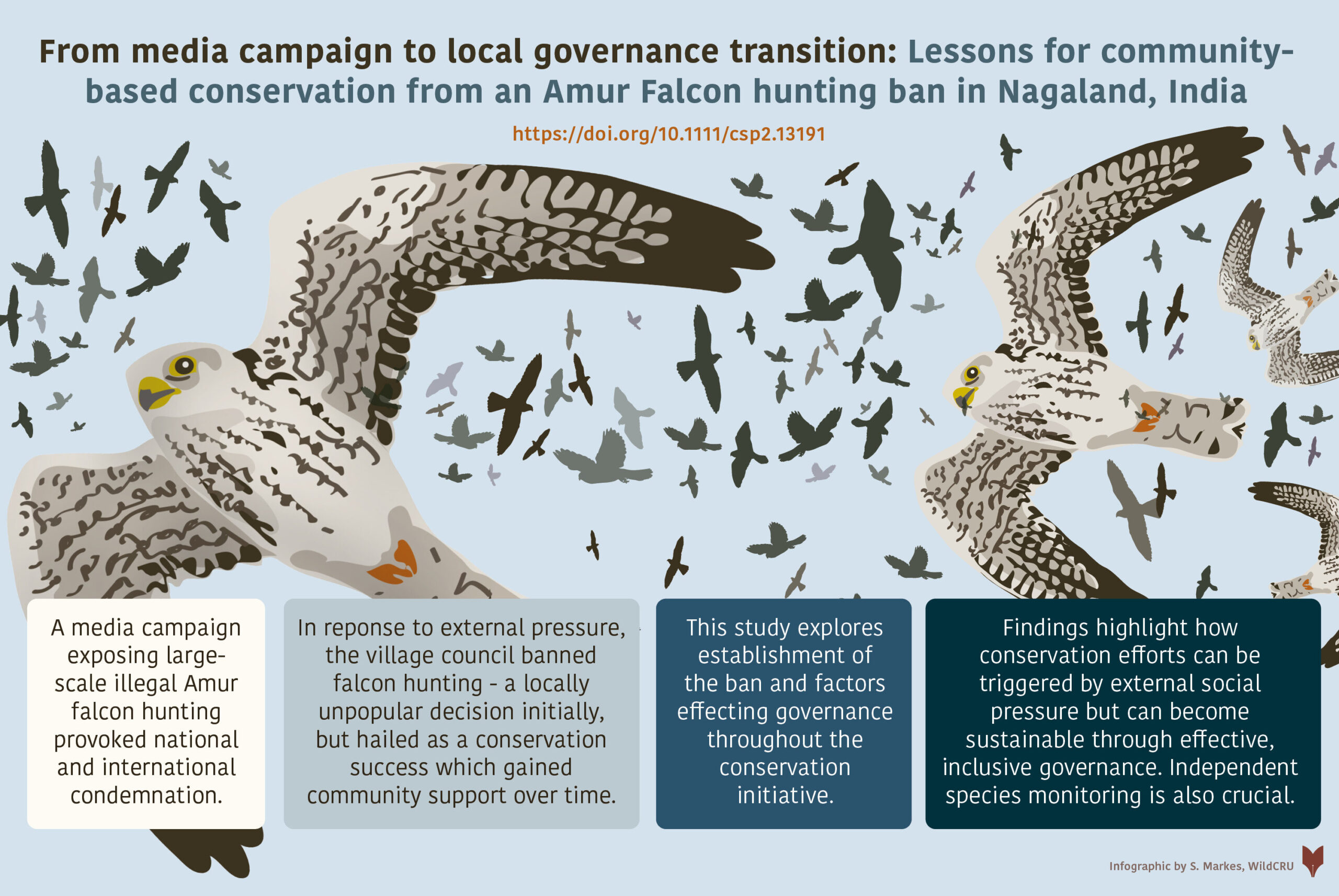
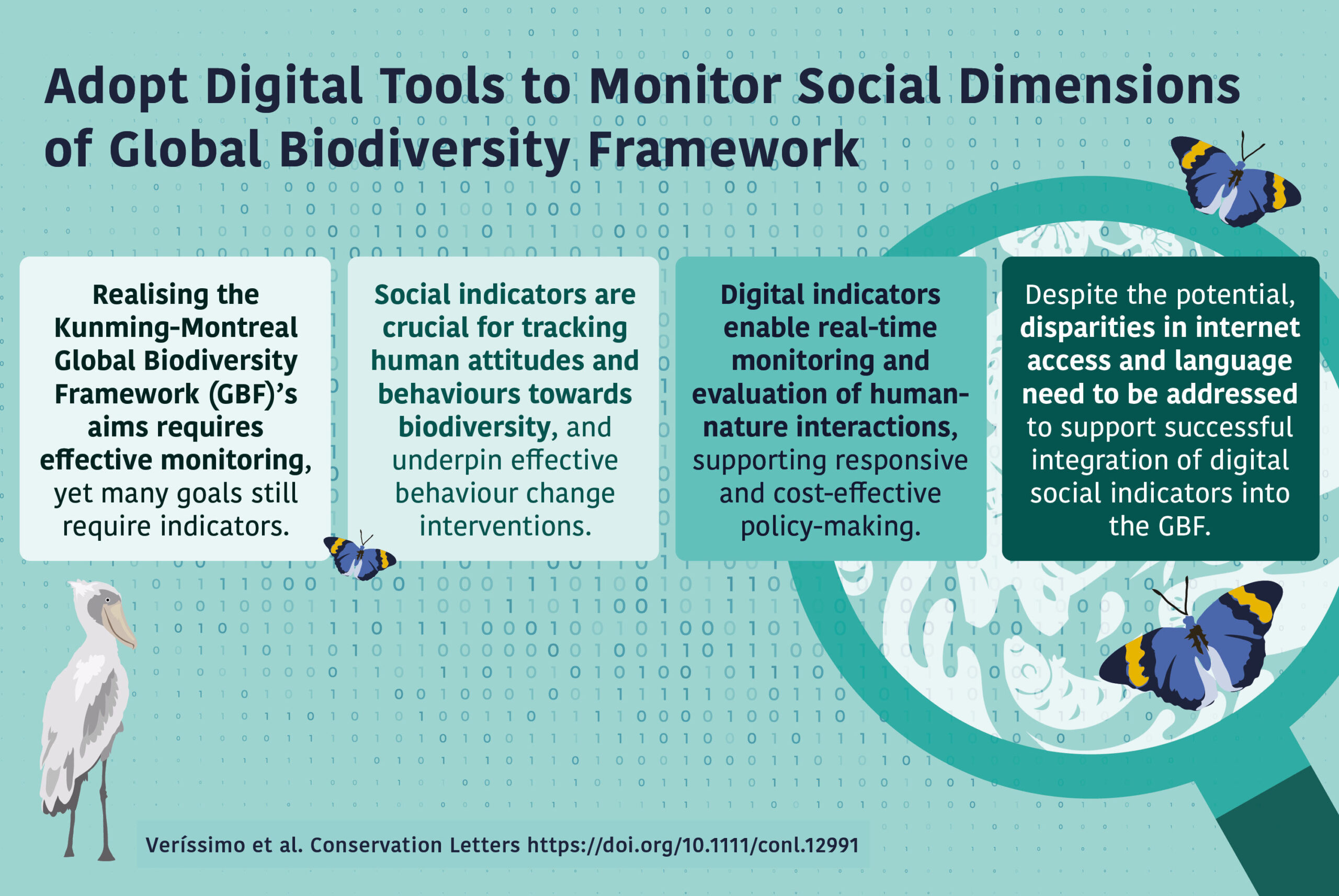
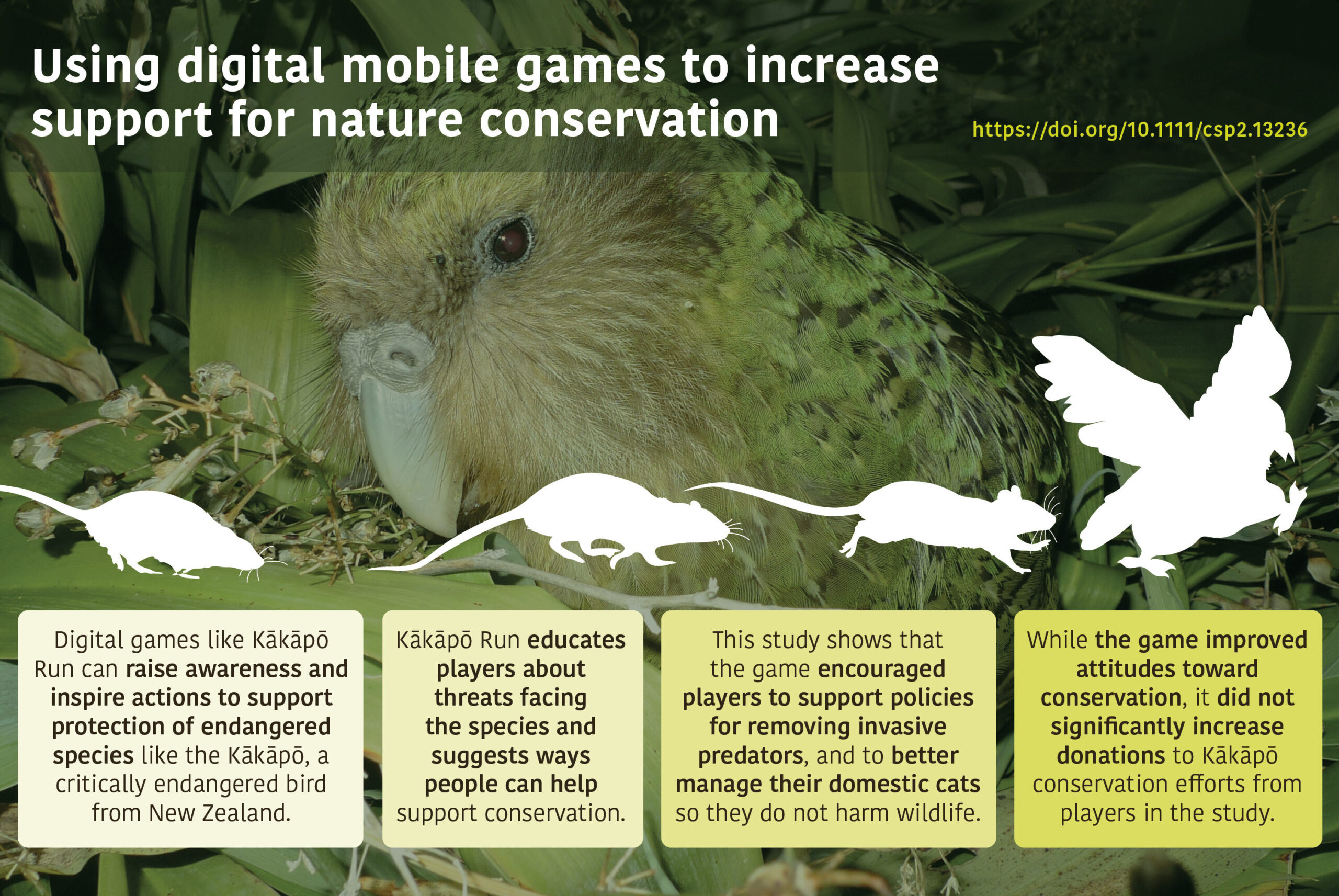
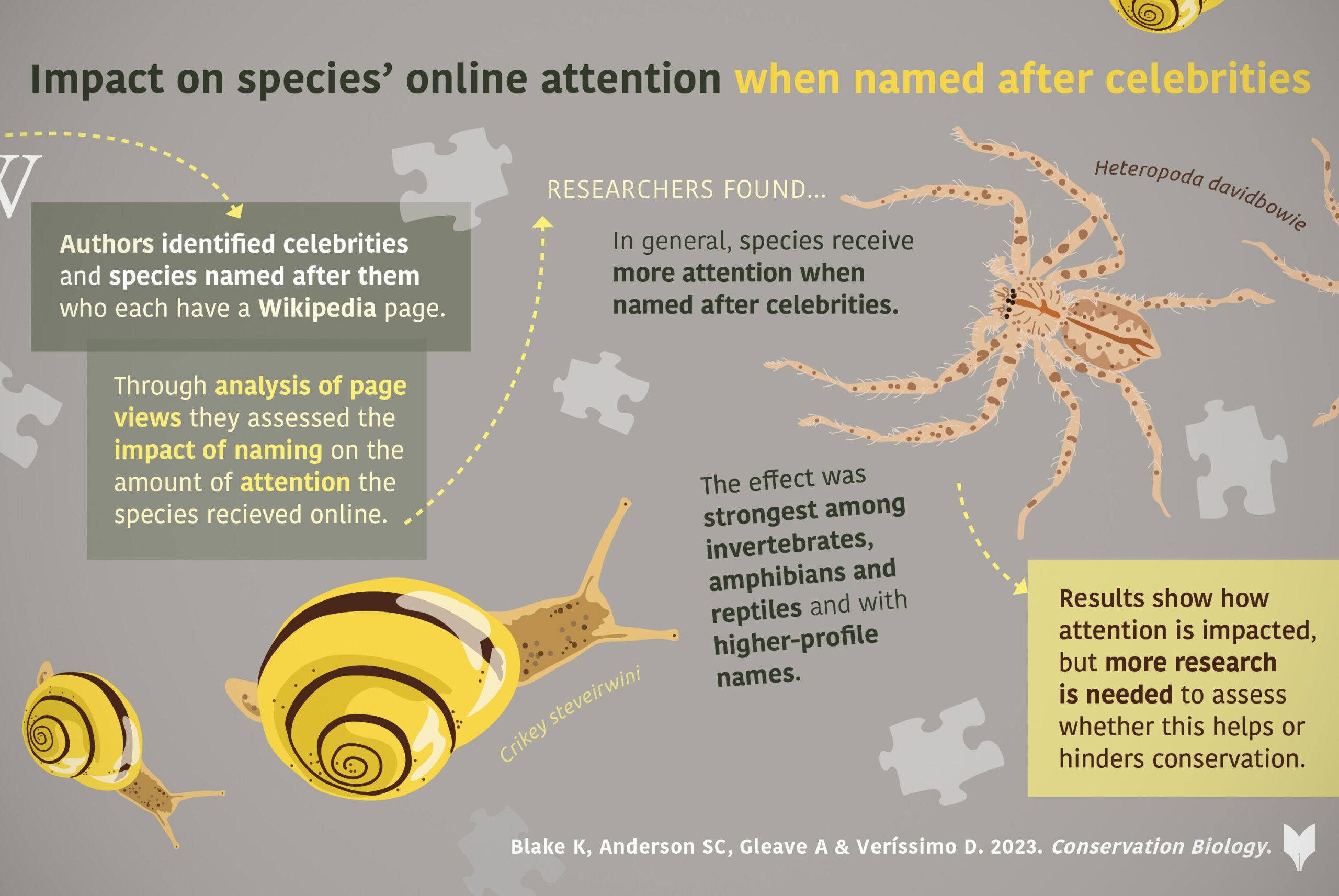
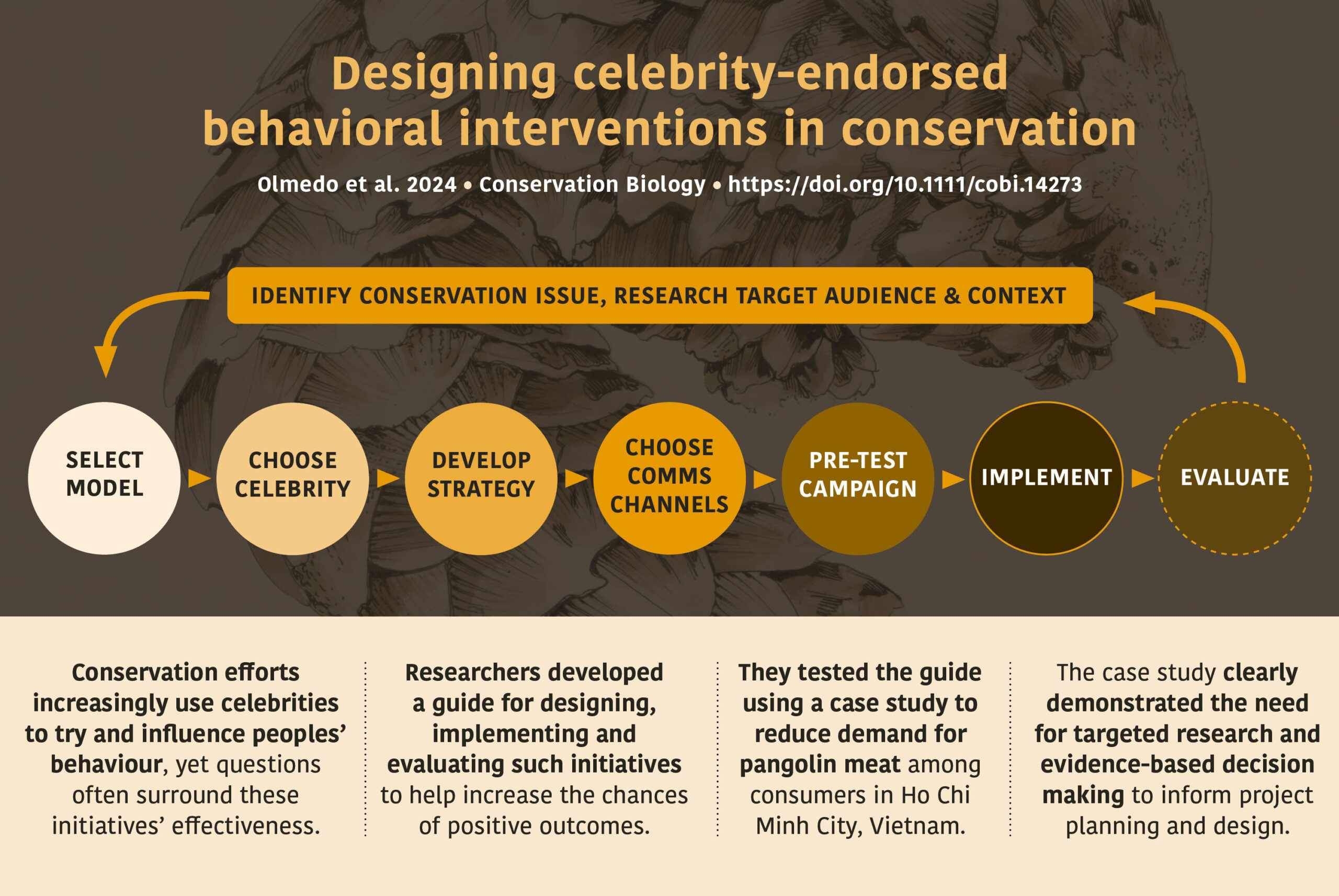
APPROACH
This programme is led by The Biodiversity and Behavioural Science Team (BBeST), a research group housed jointly by WildCRU and the Environmental Research Institute in the Department of Geography.
Evaluating impact
We measure the impact of interventions on pro-environmental behaviour using a range of techniques, from qualitative impact evaluation methods to experimental and quasi-experimental approaches. This diversity enables rigorous evaluation of various behavioural interventions, including digital games, documentaries, social media campaigns, and community-based initiatives. Our past work has included assessments of documentaries like Blackfish and Blue Planet, augmented reality games such as Wilderverse, NGO-led social media campaigns, and policy measures like wildlife trade bans.
Audience research
Our audience research employs a mixed-method approach, combining large-scale questionnaires with in-depth interviews across diverse stakeholders to understand the social contexts and drivers of biodiversity-related behaviours. We also use participatory methods, such as co-design workshops, to engage target audiences in developing behavioural interventions. Our expertise includes specialised questioning techniques to reduce social desirability bias, a crucial factor when addressing illegal or socially sensitive behaviours. Examples of our work include examining the drivers of seabird bycatch among fishers in Cape Verde, West Africa; investigating the motivations of sea turtle meat consumers in the Maldives; and exploring trade-offs in shark fin consumption in Singapore.
Measuring societal perceptions of biodiversity
We work on understanding perceptions of biodiversity, particularly species, across geographic, temporal, social, and cultural gradients. Our work focuses on concepts like flagship species and the emerging idea of ‘societal species extinction,’ where a species disappears from the cultural and social fabric of a society despite remaining biologically extant. We are currently collaborating on developing a large scale species perceptions monitoring effort to assess aspects of human-wildlife conflict on a large scale, which will be crucial for tracking target 4 of the CBD’s Global Biodiversity Framework. We are also working on understanding the societal significance of wildlife presence on business and sports branding, in the hope of elucidating the cultural importance of wildlife.
IMPACT HIGHLIGHTS
Mentored 30+ early career conservationists in several countries including Brazil, Zambia, Cape Verde, DR Congo and India.
Research cited 180 times across 133 policy documents.
Delivered training on behavioural science to 100+ conservationists in Bolivia, DR Congo, India and Cape Verde.
PROJECT MEMBERS
Diogo Veríssimo, Research Fellow at the Environmental Change Institute, Department of Geography, University of Oxford, is the Director of the Biodiversity and Behavioural Science project and Reut Vardi is a Postdoctoral Researcher exploring the use of culturomics to monitor species societal extinction in the UK. Three WildCRU PhD students are working on the project – Claire Petros who is researching the drivers of consumption of sea turtle meat in the Maldives; Katie Blake who is exploring the use of commercial video games to engage players with biodiversity and conservation and Katherine Tubb who is exploring the symbolic importance of wildlife in business branding.
External members include Sally Sinclair – MSc student at the University of Gottingen; Tracy Apolinário – Field Coordinator at Associação Projecto Biodiversidade in Cape Verde; Yuri Ribeiro – Research Associate based in Brazil; Xiaotong Cai – Research Assistant based at the National University of Singapore; Mayna Malaina – Research Associate based at Wildlife Crime Prevention in Brazil; Tuan Nguyen – PhD student at the University of Hasselt; and Ruben Oliveira – PhD student at the University of Lisbon.
